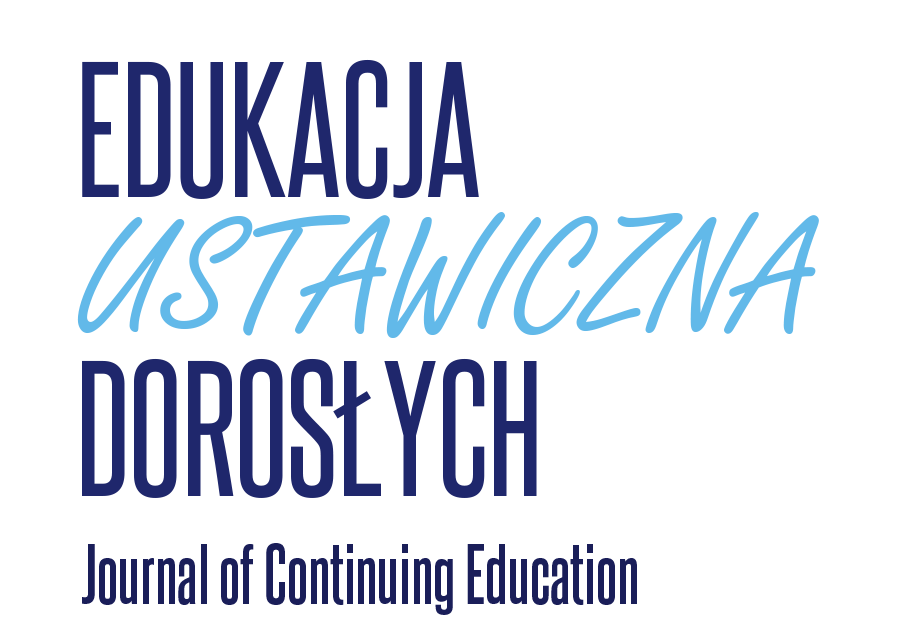Increasing the employability of women with medium and low qualifications through the development of competences in occupations in the Call Center market area ![]()
Zwiększenie szans na zatrudnienie kobiet o średnich i niskich kwalifikacjach poprzez rozwój kompetencji w zawodzie z obszaru rynku Call Center
DOI: 10.34866/kq4w-jr80
Tomasz Kupidura
ORCID: 0000-0002-2543-7562
Słowa kluczowe: call center, kobiety, m-learning, e-szkolenie, ICT, wirtualne praktyki.
Key words: call center, women, m-learning, e-training, ICT, virtual e-stage.
Streszczenie: Ograniczenia pandemiczne doprowadziły do zamrożenia wielu inwestycji m.in. w zasoby ludzkie i ich rozwój. Nastąpił ogromny spadek zainteresowania ofertami szkoleniowymi w tradycyjnej formie ze względu na konieczność zachowania zasad bezpieczeństwa. Powszechnym zjawiskiem stały się szkolenia online. Szkolenia te mogą być szansą na zdobycie nowych kwalifikacji dla osób, które utraciły pracę w wyniku pandemii, ale także dla osób, które chcą podnieść swoje dotychczasowe kwalifikacje, zwiększając tym samym szanse na zatrudnienie. W artykule przedstawiono przykładowy zawód obejmujący kwalifikacje zawodowe z obszaru rynku Call Center. Przedstawiono również studium przypadku możliwości zwiększenia szans na zatrudnienie kobiet o średnich i niskich kwalifikacjach w ramach międzynarodowego projektu Virtuall Call realizowanego w ramach programu UE Erasmus+.
Abstract: Pandemic restrictions have led to a freezing of many investments in, among other things, human resources and their development. There has been a huge drop in interest in training offers in the traditional form due to the need for safety rules. Online training has become a common phenomenon. This training can be an opportunity to gain new qualifications for people who have lost their jobs as a result of the pandemic, but also for people who want to improve their existing qualifications, thus increasing their chances of employment. The article presents an example profession including professional qualifications from the Call Centre market area. It also presents a case study of opportunities to increase the employability of women with medium and low qualifications through the international project Virtuall Call implemented under the EU programme Erasmus+.

